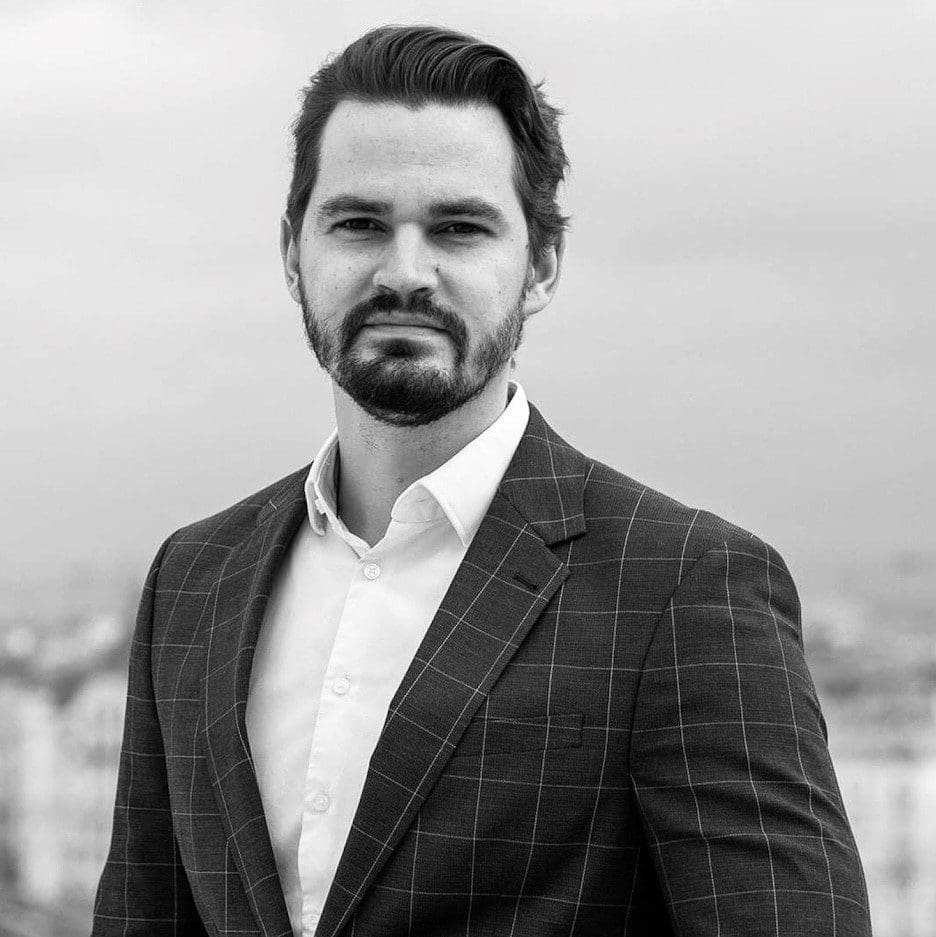



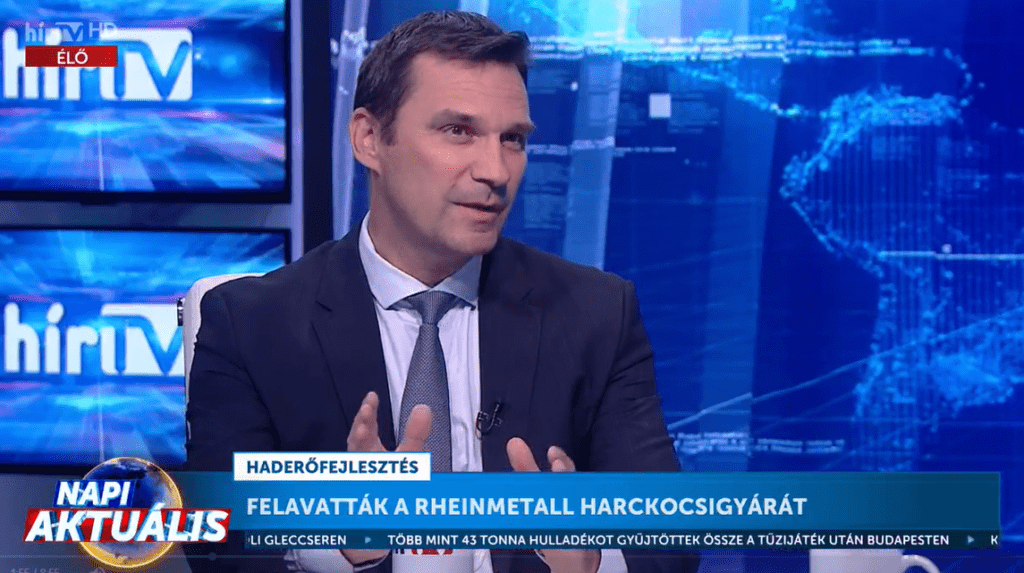
‘Big companies are coming to Hungary with R&D budgets that are significant in themselves. Rheinmetall, for one, is the twenty-fourth largest company in the world’, Hungarian Ministerial Commissioner Imre Porkoláb underlined in a recent interview.
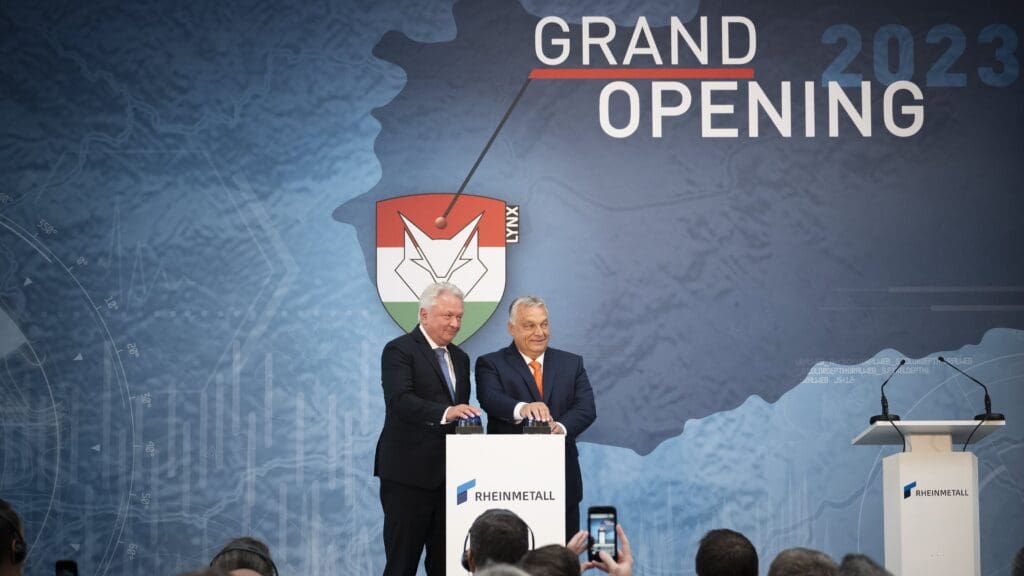
‘If I heard about a country that produces and develops military technology together with Germany and Israel, I would think twice before I would mess with it. And this is good news for all Hungarians,’ Hungarian Prime Minister Viktor Orbán underlined at the opening ceremony.
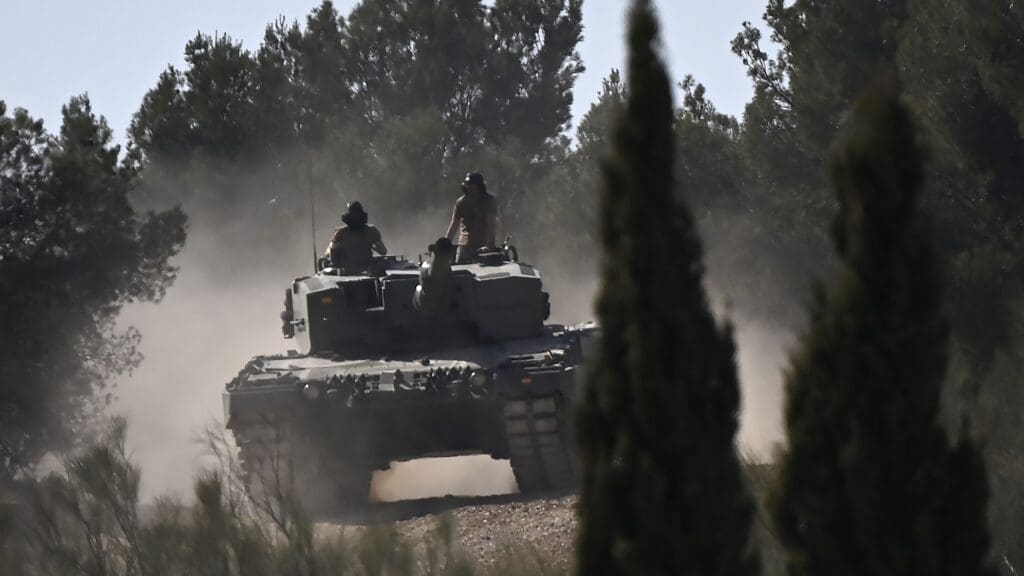
It could be argued that modern tools and methods are part of what shapes the outcome of war, but not the decisive factors, as they have not brought about the drastic change in the pattern of war that many expected.
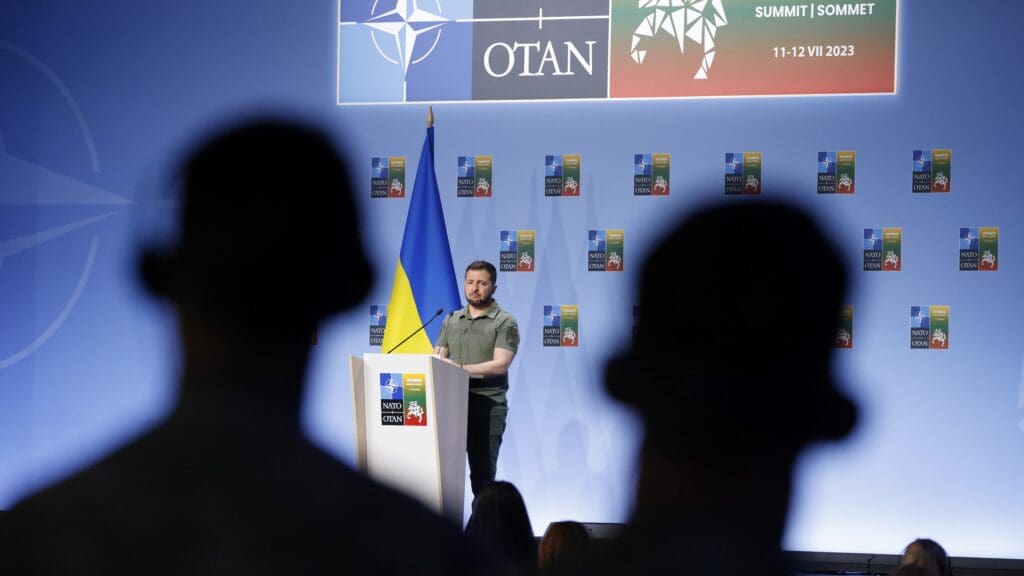
At first glance, the declaration of wanting to see Ukraine in NATO does not seem much more than what the country was already told in 2008. But the truth is that Ukraine is closer than ever to joining the Alliance, which was indicated not only by the unanimous adoption of the closing communiqué, picturing Ukraine’s future within NATO, but also by the fact that Ukraine can skip the preliminary Membership Action Plan (MAP) that every other post-Soviet country had to undergo and negotiate defence issues as an equal partner in the established NATO Ukraine Council.
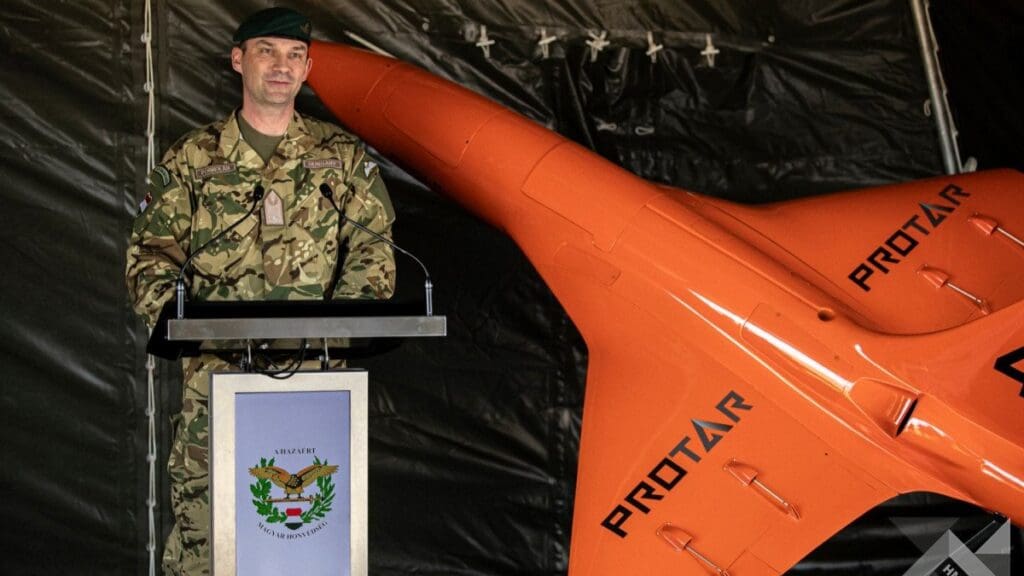
‘This drone is the result of several years of development work and the cooperation of Hungarian engineers,’ Imre Porkoláb, Ministerial Commissioner for Defence Innovation underlined.
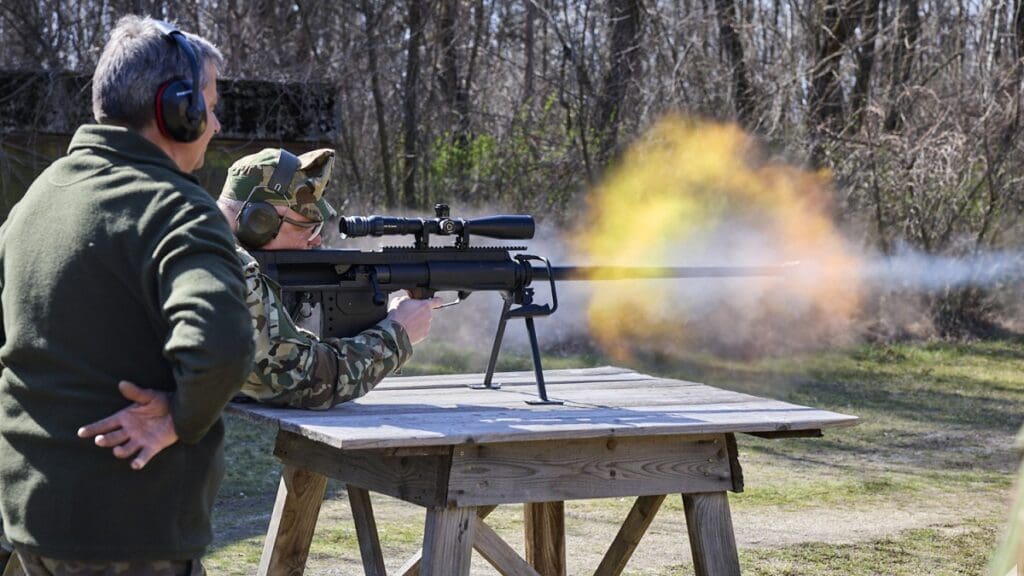
With the recent large-scale build-up of the national defence industry, Hungary is not only ensuring its own military equipment supply, but also contributing to the development of European defence industrial capabilities and thus enhancing the EU’s security.
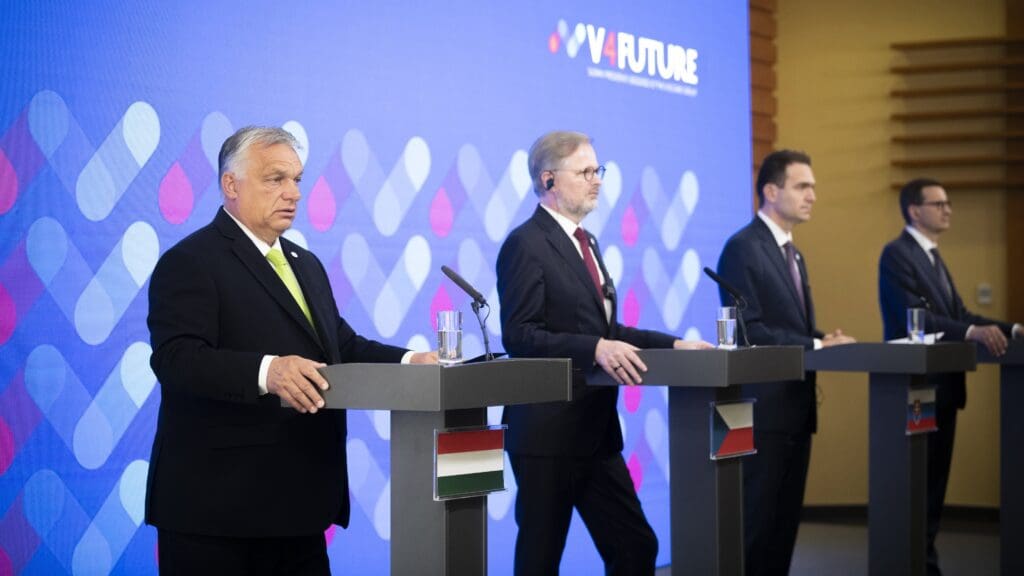
It appears that the Visegrád Four cooperation is once again revitalising itself along the lines of common interests. The green transition and its impact on industrial investment in Central Europe, European security or illegal migration are issues that have prompted the V4 countries, and the Poles and the Hungarians in particular, to once again join forces.
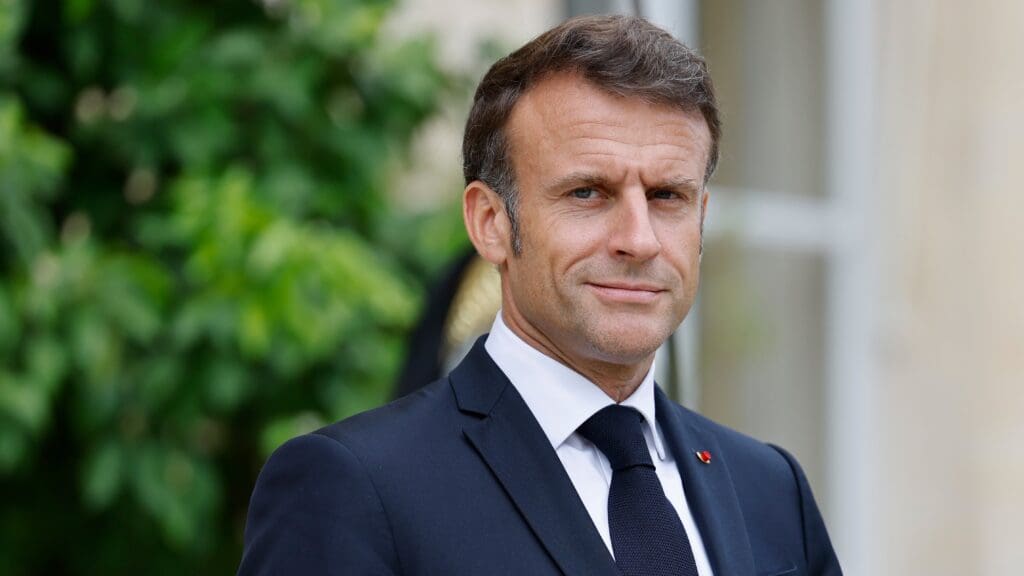
In addition to the French initiative, Hungary has also joined the German-initiated Sky Shield programme, which will further enhance its capabilities through joint procurement.
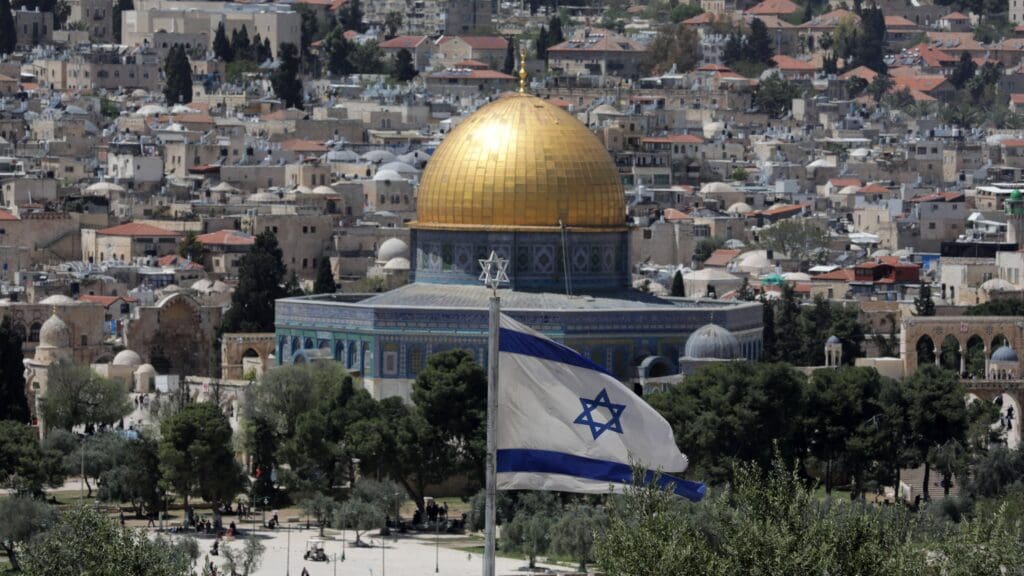
The best example of how pointless it is to interfere in these debates from abroad is the obvious difference between the Hungarian and Israeli legal systems, as Hungary has a written constitution, while Israel has no constitution at all, the minister pointed out.
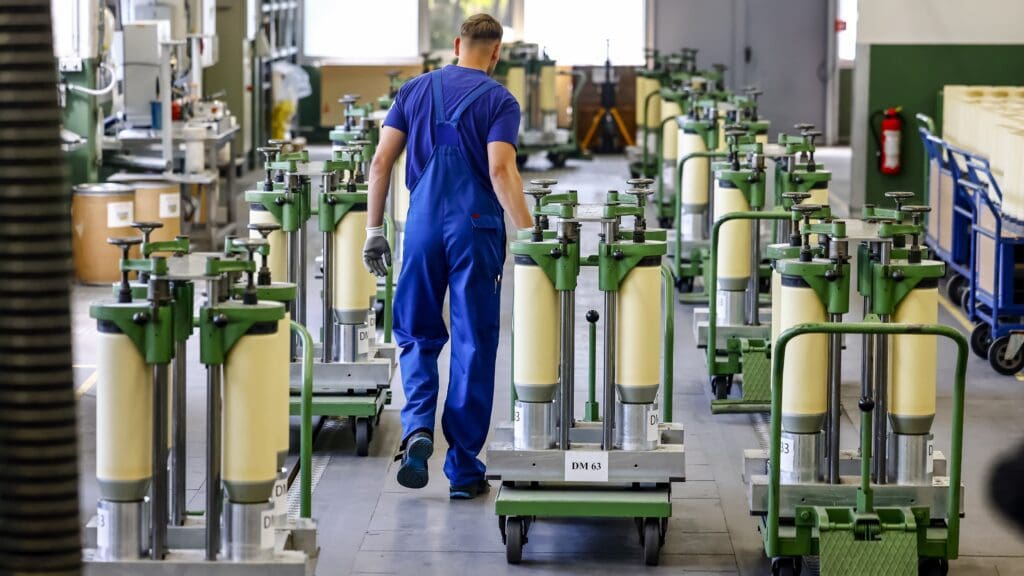
Rheinmetall is one of the few companies of its type with a proven track record of successful localisation projects. But that is only part of the story. Equally important was the trust that was built between the German corporation and the Hungarian government during the process of expanding cooperation.
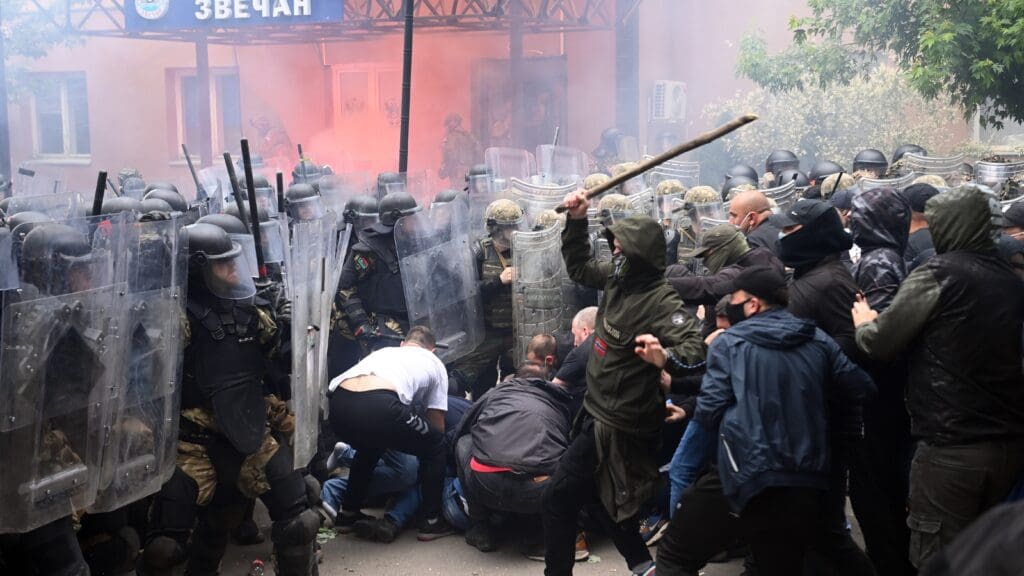
‘Despite their injuries, the Hungarian soldiers have shown brave commitment, and many of those who were able to do so have already returned to their posts,’ the Hungarian defence minister said after the clashes between KFOR troops and local Serbs in North Kosovo. The minister stressed that the stability of the Western Balkans is very important to Hungary, which is why it is present in the region not only diplomatically and economically, but also militarily in the framework of the KFOR mission.
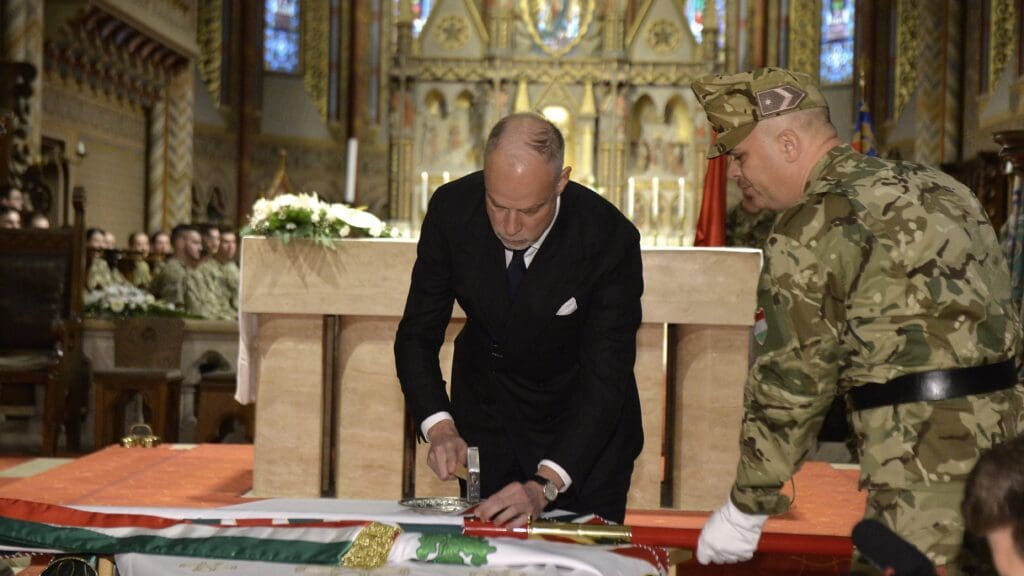
‘As a volunteer reserve captain, I have seen the internal state of the armed forces from the bottom up, and as a minister, from the top down. From both perspectives, it is clear that a profound organisational culture change is needed,’ Defence Minister Szalay-Bobrovniczky noted in a recent interview.
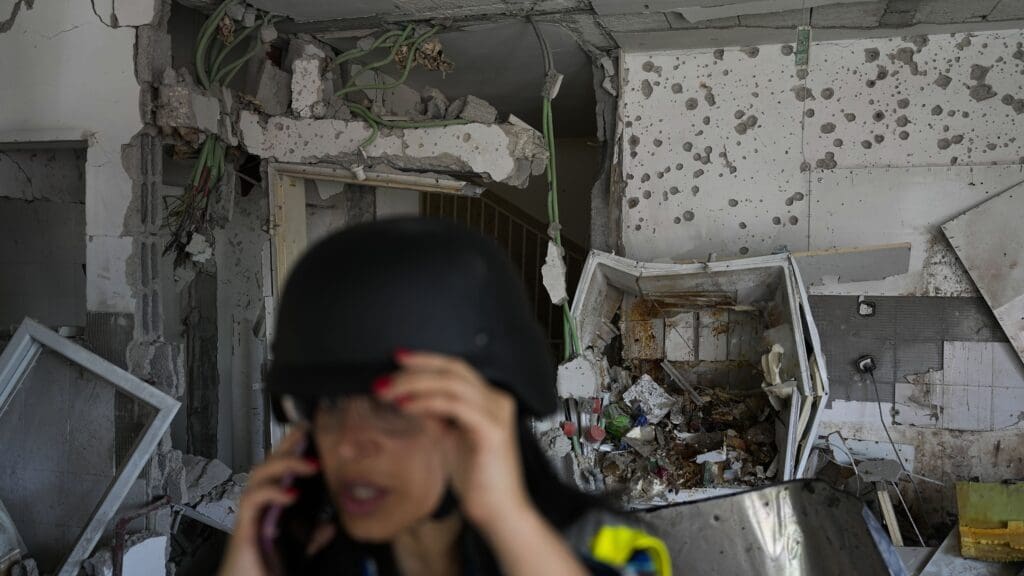
‘We condemn all forms of terrorism in the strongest possible terms, we recognise Israel’s right to self-defence and we express our sincere sympathy to the government and people of Israel in the face of this new grave threat,’ the MFAT statement said in reaction to the recent terrorist attacks on Israel.
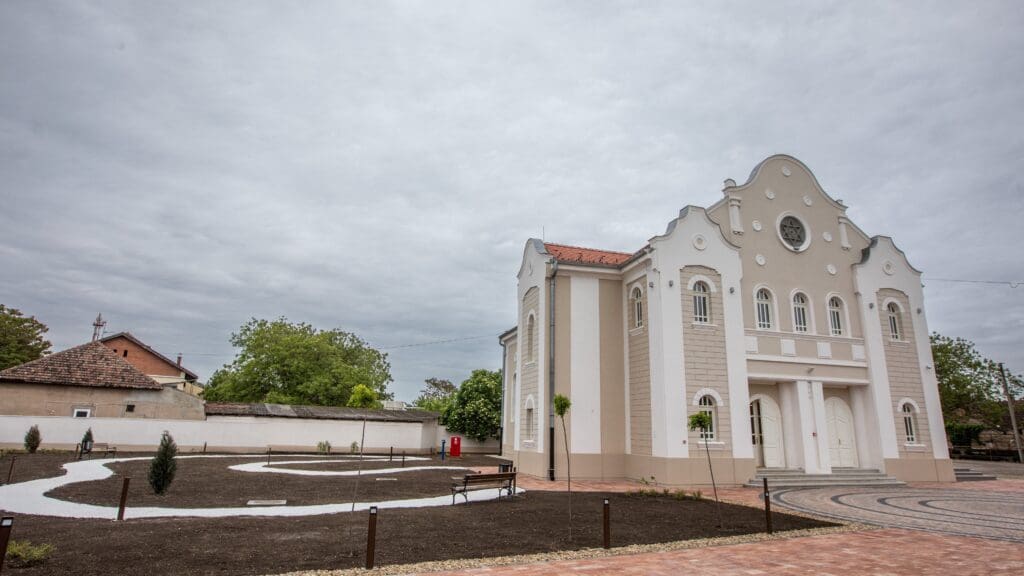
State Secretary Potápi reminded that the history of Hungary would have been unthinkable without the Jews in the early Middle Ages, and then later, from the 18th century until the mid-20th century. Jewish people ‘not only sacrificed their lives and blood for Hungary in the wars of the 19th and 20th centuries, but also made a significant contribution to Hungary’s economic and cultural development.’
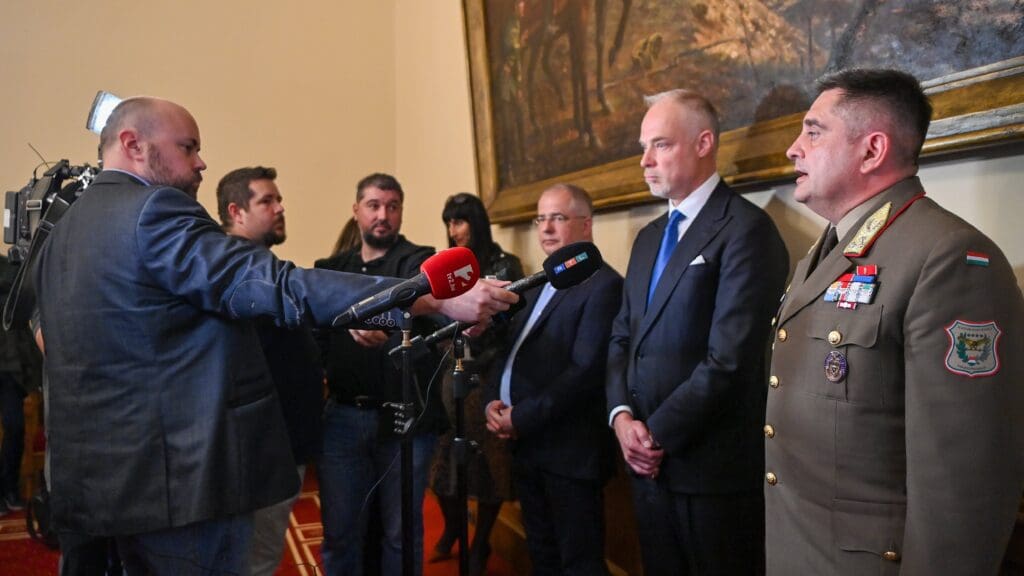
Lt General Gábor Böröndi is the ‘right man in the right place at the right time’ to lead the Hungarian Defence Forces from the combat level to the operational level, the Hungarian Defence Minister stressed at the Lt General’s hearing in parliament.
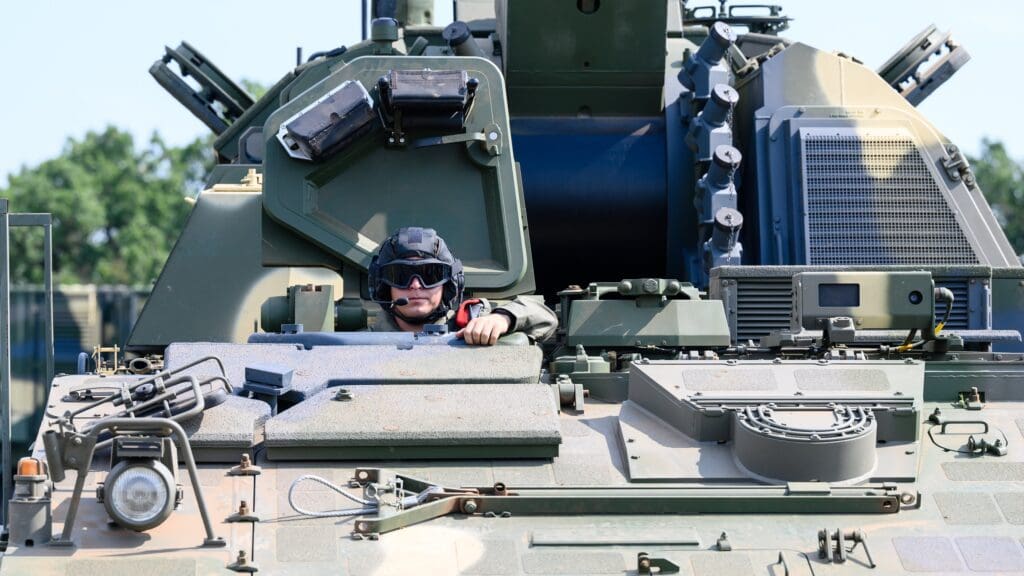
In February 2023, the Defence Innovation Research Institute (VIKI) was established, with the aim of identifying and supporting the development of dual-use technologies, that is technologies that can be used for both civilian and military purposes. The institution is led by Brigadier General Imre Porkoláb, Ministerial Commissioner for Defence Innovation.
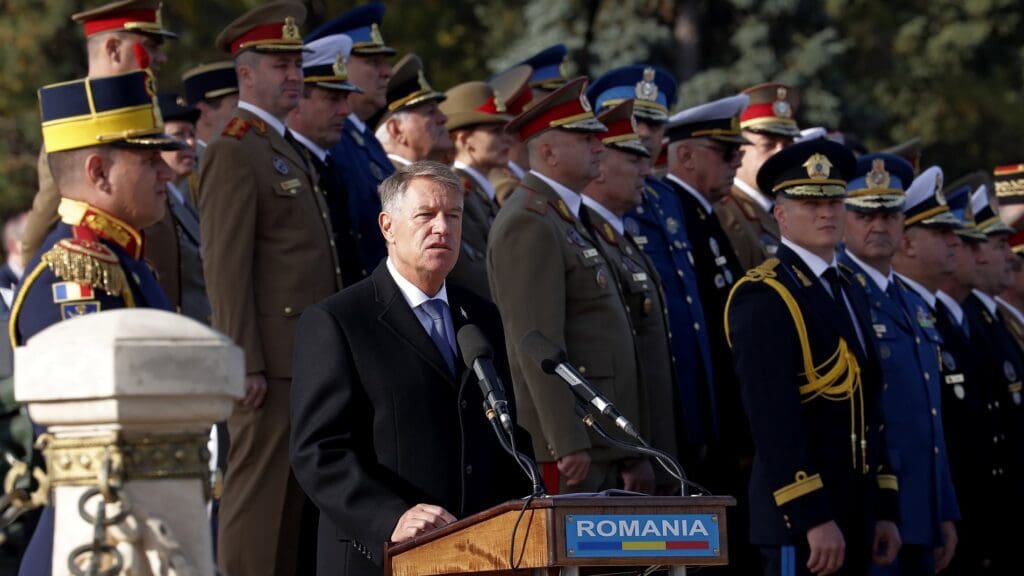
Bucharest would also deepen its defence cooperation with Washington, and not exclusively through arms purchases. Meanwhile, Romania and Poland, the two largest countries in the Central and Eastern European region, are building the two most powerful militaries, with a strong emphasis on interoperability between their armed forces.
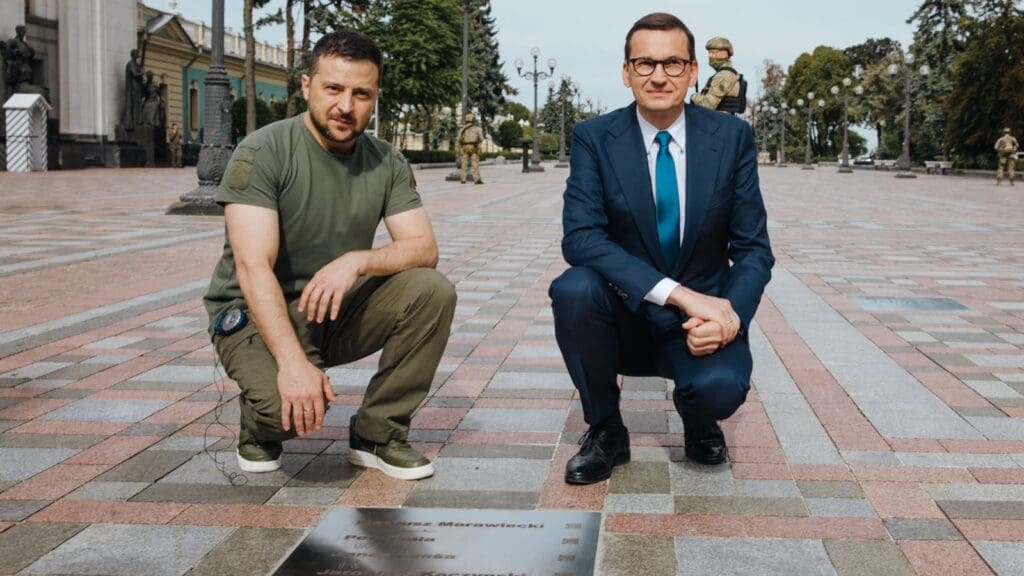
‘We cannot look at the European Union as those who must be listened to and must always have the best solutions in a suitcase to Bucharest or Warsaw,’ Polish PM Mateusz Morawiecki stressed in Bucharest.

‘Looking at the stories, or the food, rituals and traditions surrounding them, Passover and Easter couldn’t be more different at first sight. But if we look closely, we can see that Passover and Easter are intimately linked on many levels.’
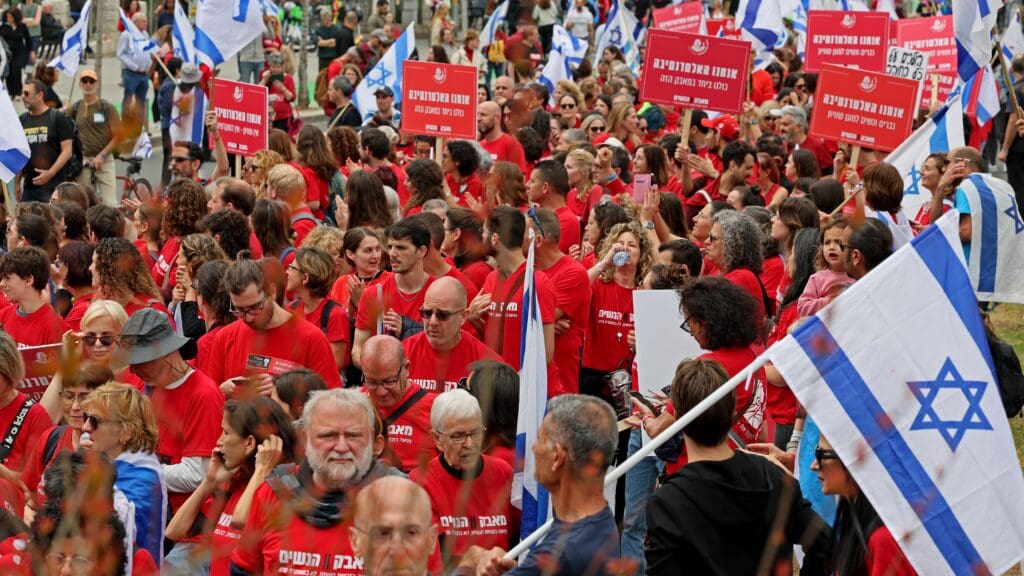
An Israeli expert, who requested anonymity, told Hungarian Conservative that there is no doubt
foreign NGOs involved in the protests are funded not only by private individuals but by European governments, such as Germany, too. But it is impossible to prove that the financing coming from foreign governments is used specifically to support the anti-government protests.
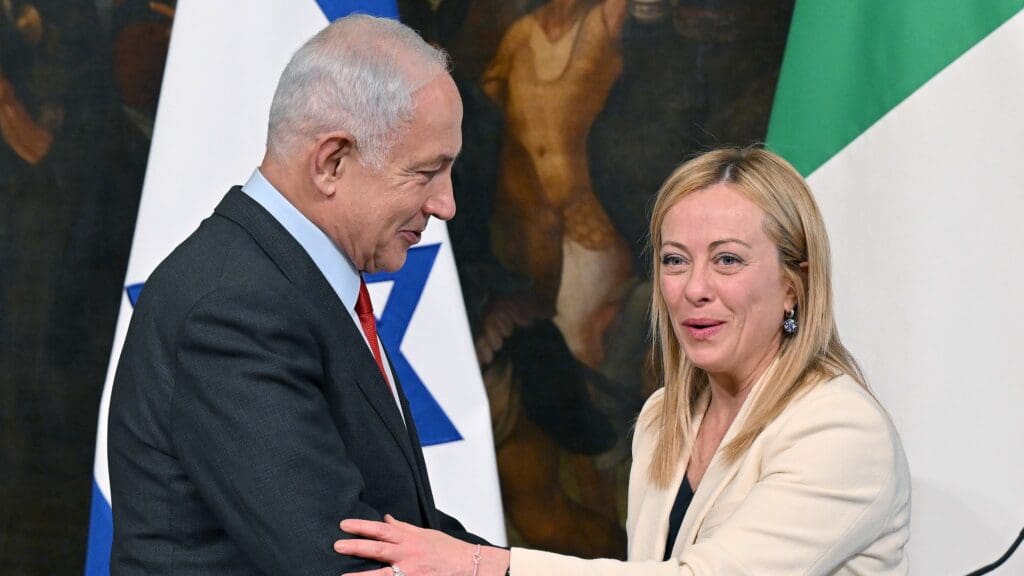
While Europe desperately needs new partners to wean itself off Russian gas, by becoming an energy exporter, Israel could reduce its isolation and thaw its icy relations with the EU—something that is even more valuable than export revenues for Jerusalem.
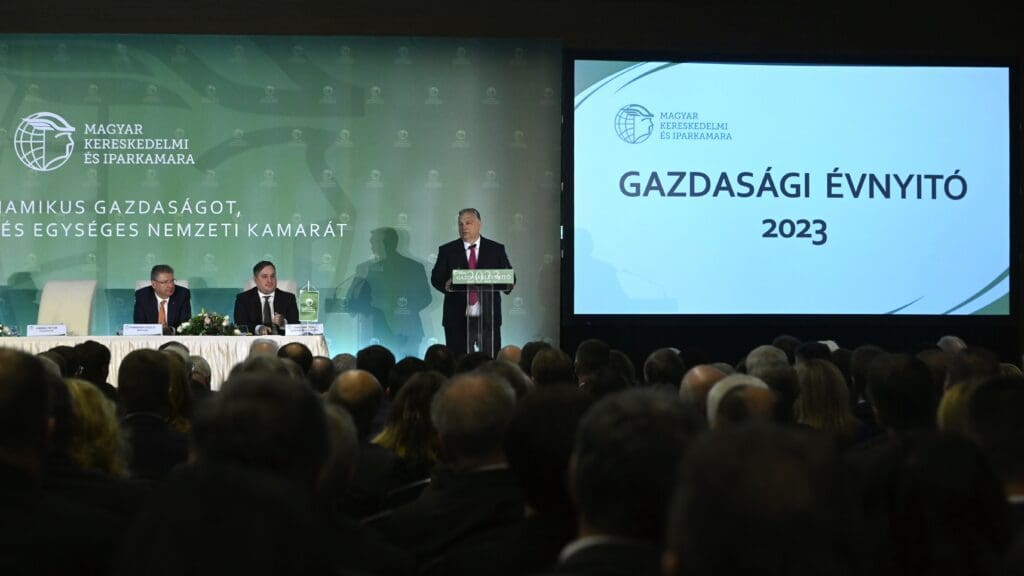
The Prime Minister said that the rebuilding of Russian-European economic relations after the war would be desirable, but it is unlikely to happen any time soon.
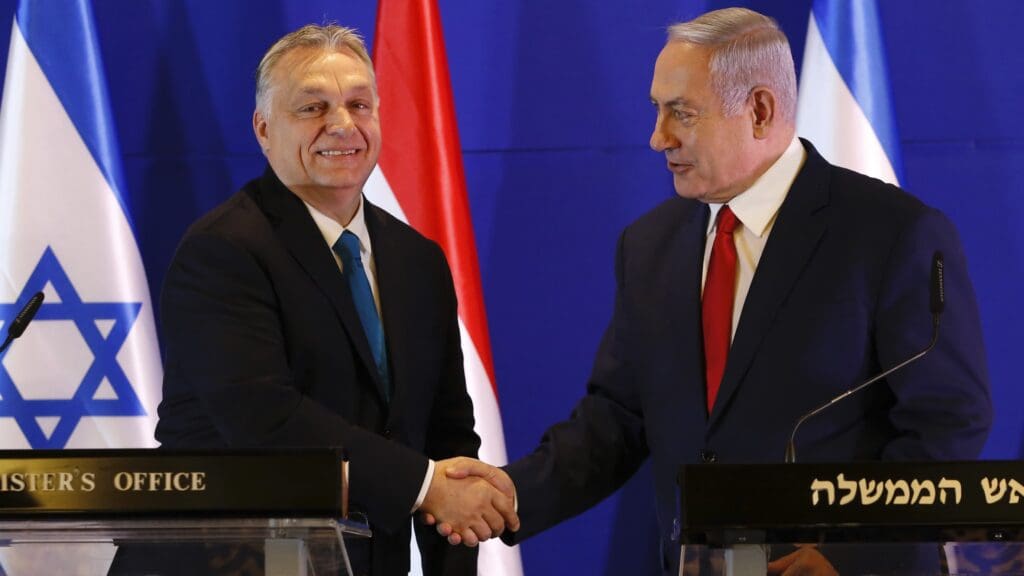
The step would make Hungary the first EU country to move its embassy to Jerusalem, which may set a precedent and other EU countries could follow suit, in the face of disapproval by Brussels.
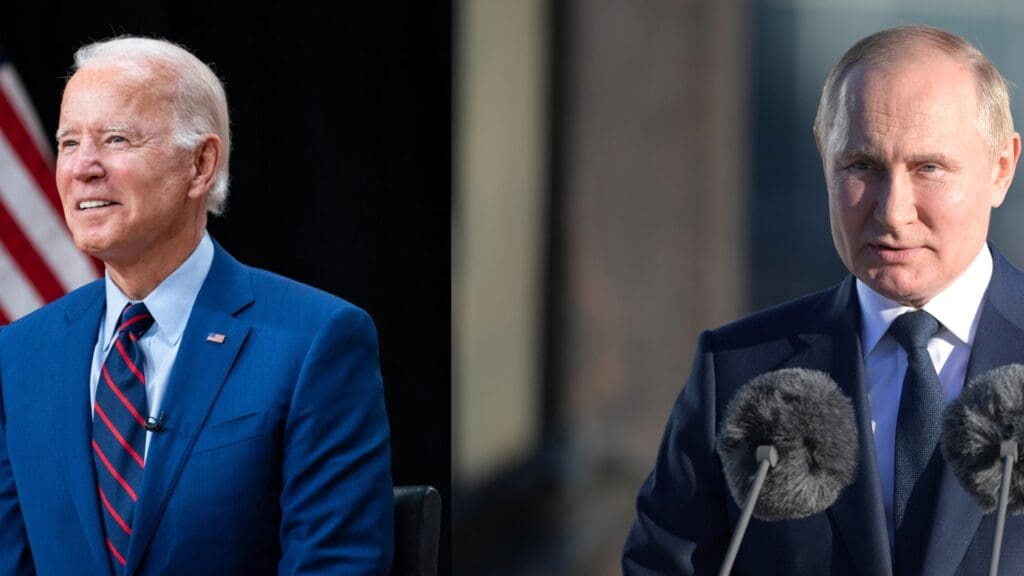
‘We did not set the speech up some kind of head-to-head. This is not a rhetorical contest with anyone else,’ underlined US national security adviser Jake Sullivan, stating that Biden’s speech was not planned as a direct rebuttal to Putin.
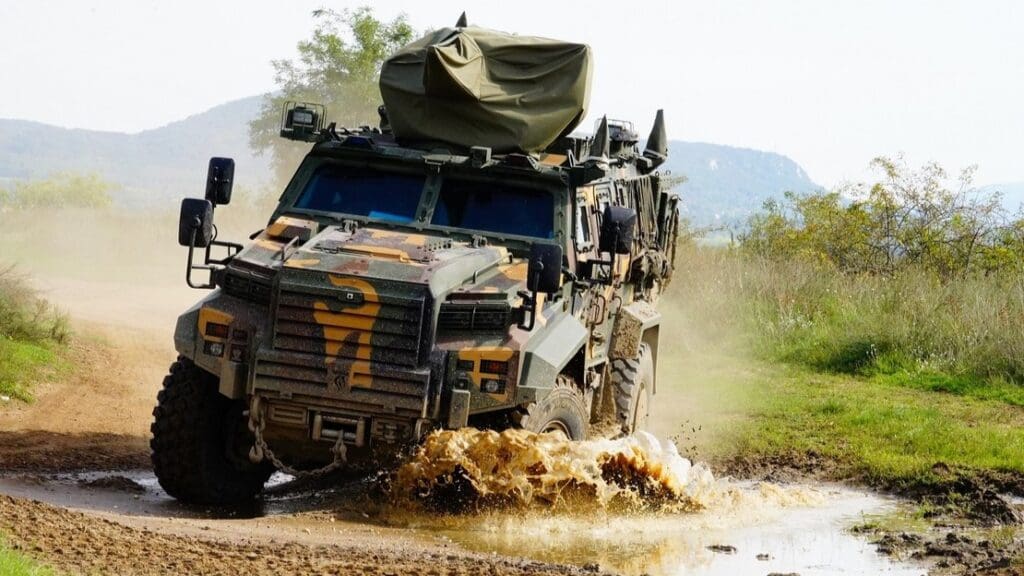
In the CEE region, only Romania and the Czech Republic are ahead of Hungary in terms of the strength of their military. This is a quite notable achievement given that in 2010, the Hungarian Defence Forces were still lagging behind the Serbian, Austrian, and even the Slovak and Croatian armed forces.
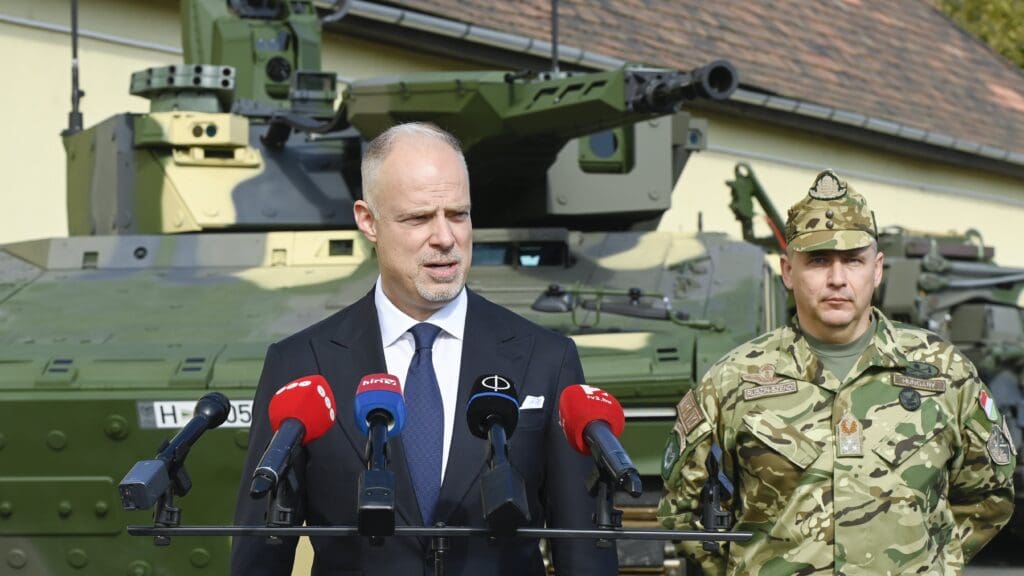
‘Force transformation is a never-ending task, we have to continuously adapt to the changing environment and be at the forefront of preparing for the future,’ the Hungarian Ministry of Defence highlighted.
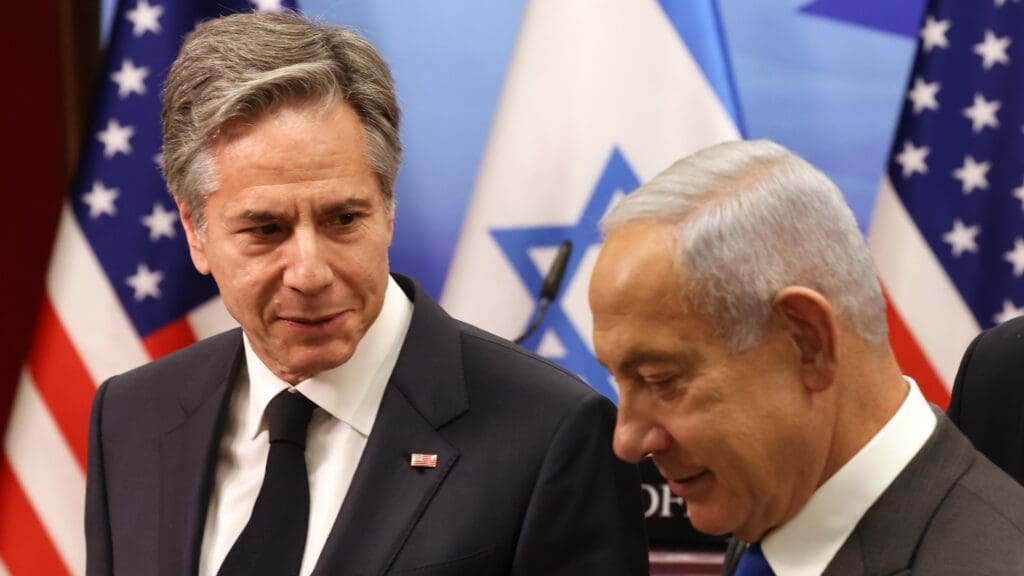
Since the beginning of the war, the Israeli government has consistently resisted pressure both the United States and Ukraine to supply arms to the beleaguered country, facing criticism as a consequence at home and abroad.
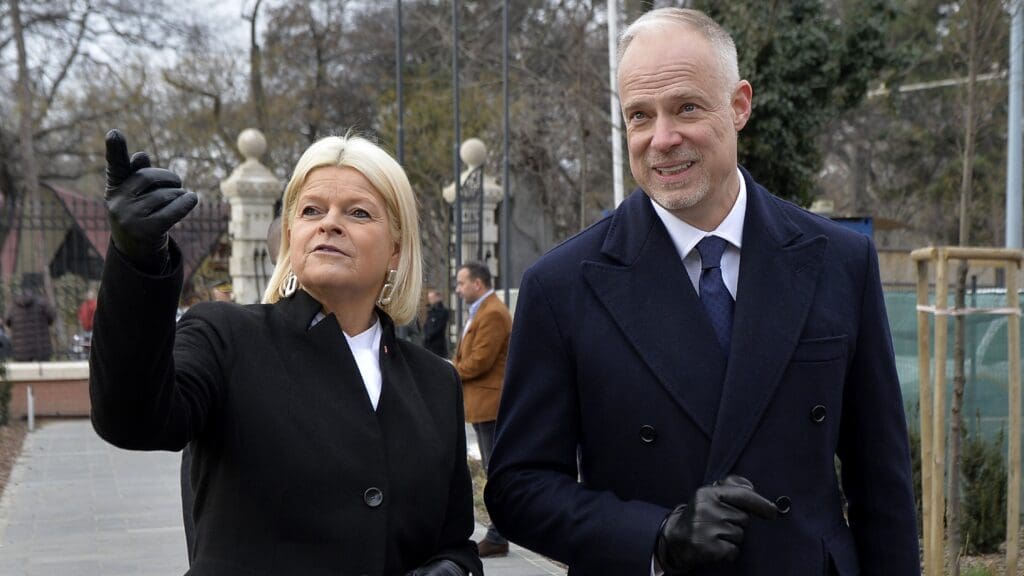
‘Hungary and Austria are good neighbours and maintain very close cooperation in almost all areas, including the field of the military and defence,’ the Hungarian Minister of Defence underlined after meeting with his Austrian counterpart in Budapest.
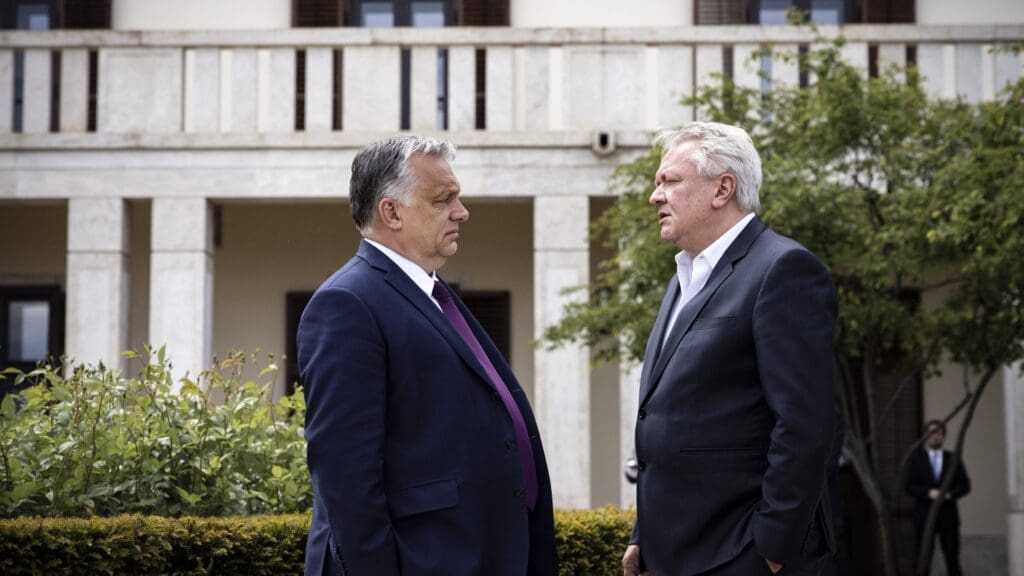
The Hungarian force development programme must not slow down: cooperation between Rheinmetall and the Hungarian state will continue uninterrupted, Viktor Orbán nailed down.
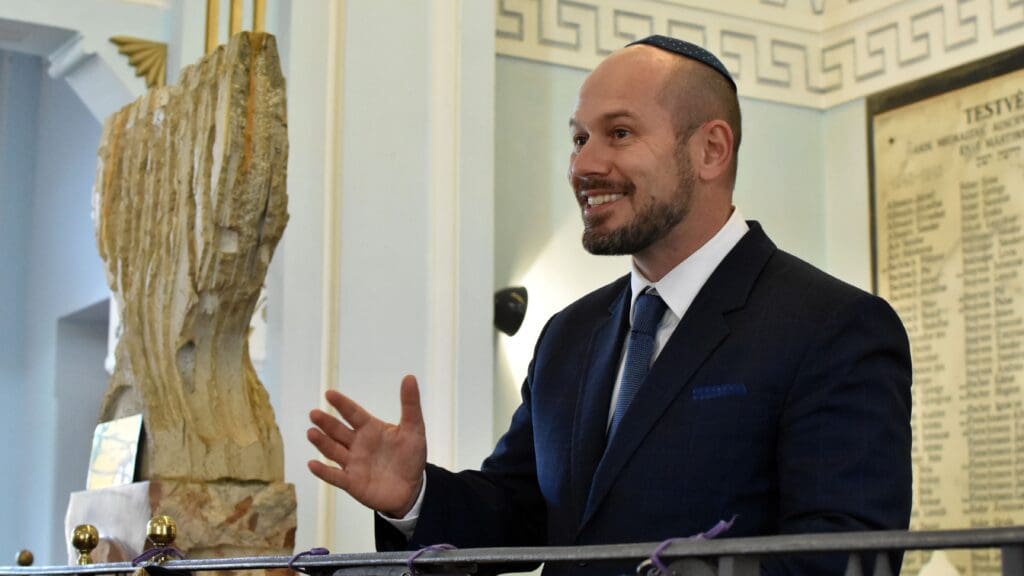
‘I have been asked several times by foreigners whether there is systemic anti-Semitism in Hungary. My answer was clearly no. In fact, as a Hungarian Jew, I feel much safer here than in other parts of the world.’